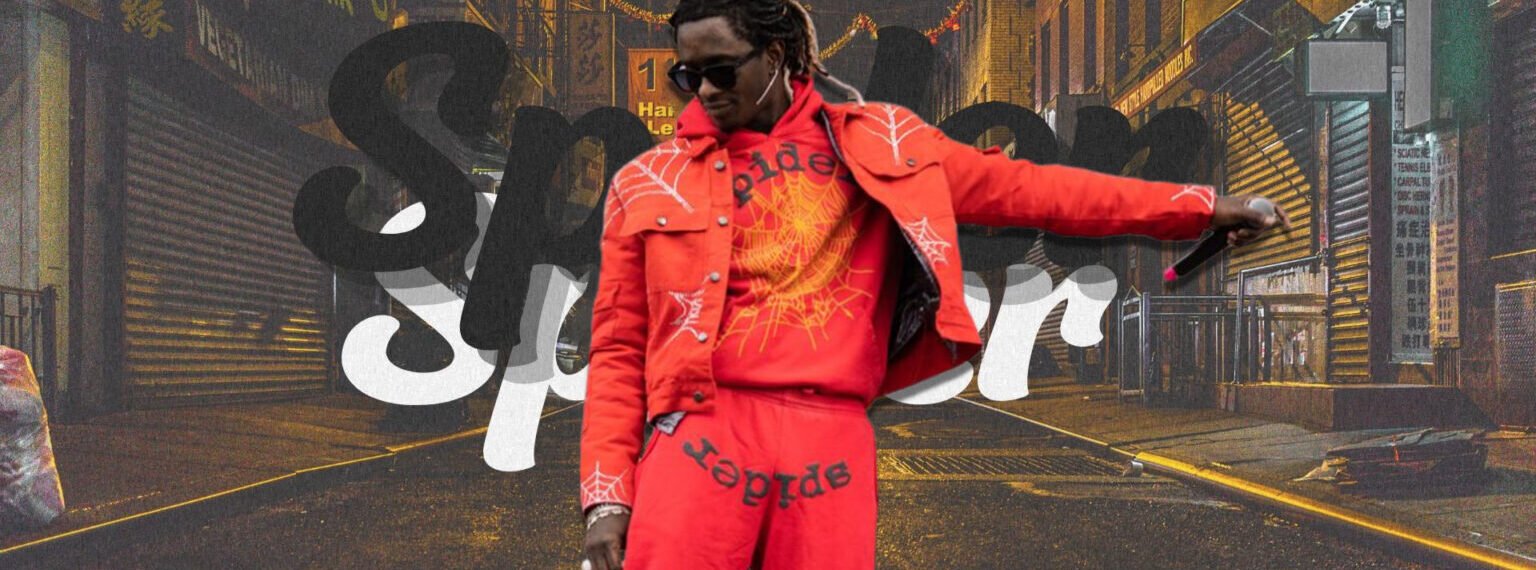Social media has revolutionized the way fashion is marketed
The Impact of Social Media
Social media has revolutionized the way fashion is marketed and consumed. Platforms like Instagram, and Pinterest allow brands to connect directly with consumers, enabling real-time engagement and feedback. Influencers play a pivotal role in shaping trends, with their recommendations often driving sales. This democratization of fashion means that anyone can become a tastemaker, shifting power dynamics within the industry. Additionally, social media sp5derhoodie has amplified the voices of marginalized communities, fostering discussions around cultural appropriation and ethical practices.
Fast Fashion vs Slow Fashion
The debate between fast fashion and slow fashion has gained traction as consumers reconsider their purchasing habits. Fast fashion, characterized by rapid production and low prices, has come under fire for its negative environmental impact and labor practices. In contrast, slow fashion promotes quality over quantity, encouraging consumers to invest in timeless pieces. This movement advocates for ethical production, sustainable materials, and a focus on craftsmanship. As awareness of these issues grows, more consumers are opting for slow fashion, prompting brands to rethink their approaches.
Consumer Empowerment and Awareness
The fashion industry has seen a significant shift towards consumer empowerment. Armed with information, consumers are more aware of the implications of their purchases. They demand transparency about sourcing, labor practices, and environmental impact. This heightened awareness encourages brands to adopt more ethical practices and be accountable for their actions. In response, many companies are adopting more transparent business models, providing consumers with the information they need to make informed choices.
The Future of Fashion: Hybrid Models
Looking ahead, the fashion industry is likely to continue evolving with hybrid models that blend traditional practices with modern innovations. As sustainability, technology, and inclusivity remain central themes, brands will need to adapt to changing consumer preferences. This may involve embracing more flexible production methods, engaging with diverse voices, and integrating technology in innovative ways. The future of fashion holds promise for a more conscious and equitable industry that values creativity and responsibility.
Conclusion
In conclusion, the fashion industry has seen transformative shifts that reflect changing societal values and technological advancements. From the rise of sustainable practices to the emphasis on diversity and consumer empowerment, these changes signify a broader sp5der movement towards a more responsible and inclusive industry. As we move forward, it is essential for both consumers and creators to embrace these transformations, ensuring newstips that fashion remains a vibrant and expressive form of art that resonates with the times.






